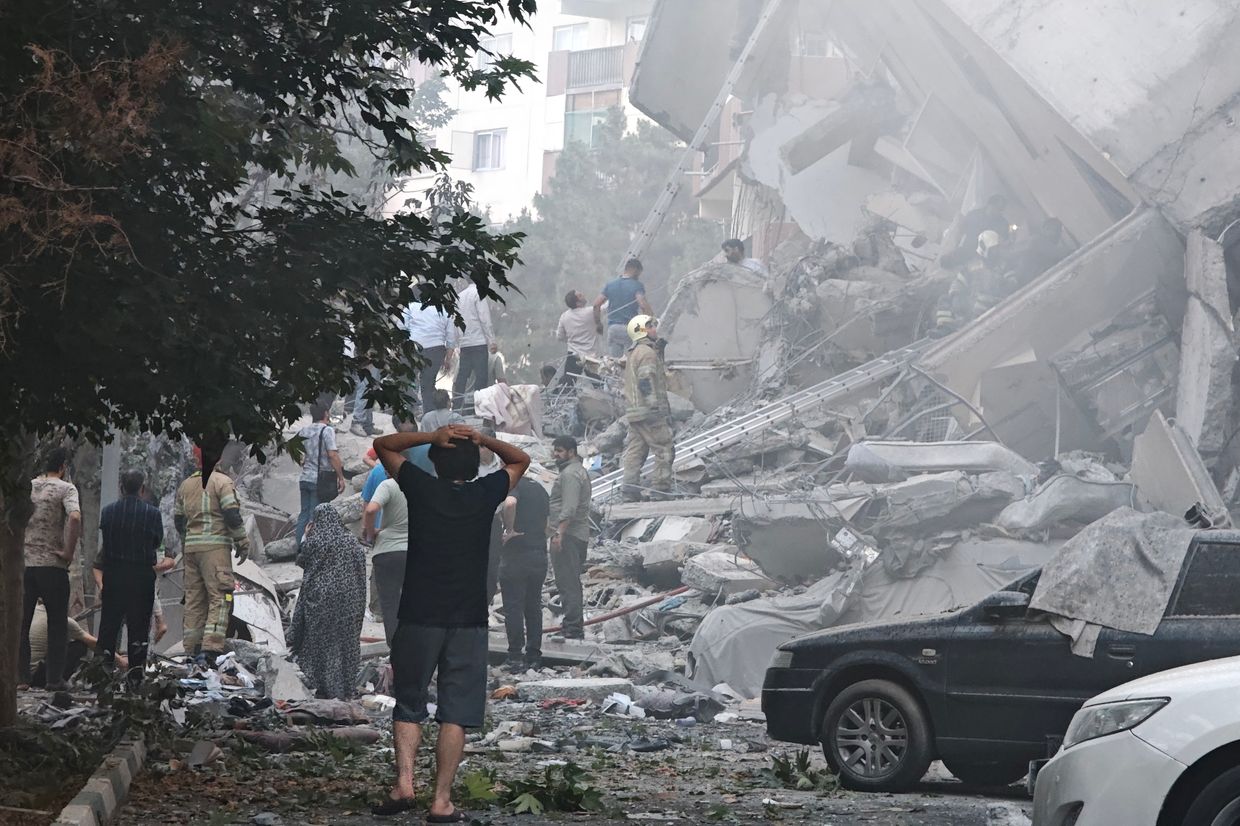Russia and Ukraine to Renew Talks, but Peace Remains Elusive

© Tyler Hicks/The New York Times

© Tyler Hicks/The New York Times
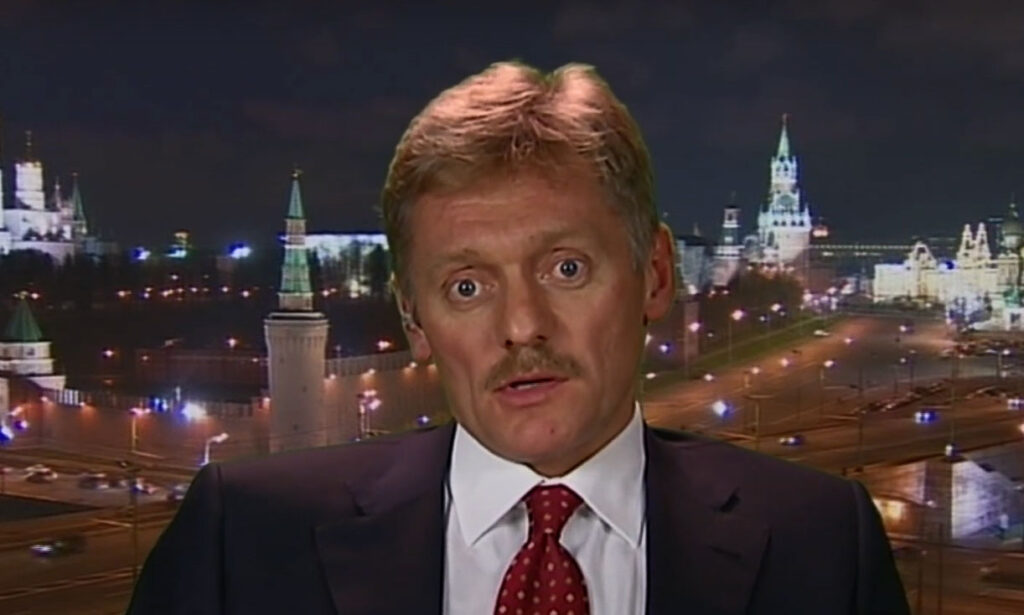
Russia demands Ukraine surrender before peace, the Institute for the Study of War reports, warning that the Kremlin’s latest peace rhetoric is merely a rebranded version of its original war goals. On 20 July, Kremlin spokesperson Dmitry Peskov publicly reiterated that Moscow is prepared for rapid negotiations—but only if all Russian conditions are accepted without compromise.
According to ISW, Peskov’s statements confirm Russia’s continued refusal to engage in any meaningful diplomatic process. He stated that Russia’s objectives are “obvious” and “do not change”—a phrase that aligns with Moscow’s long-standing calls for Ukraine to disarm, abandon its NATO aspirations, and replace its current leadership.
The think tank notes that these demands fall in line with the Kremlin’s narrative of “denazification” and “demilitarization,” language that has always signaled regime change in Kyiv and the erosion of Ukraine’s ability to defend itself. Peskov’s remarks show that Russia’s position on negotiations remains maximalist and unchanged since the invasion began.
ISW says Peskov’s statements “underline the Kremlin’s continued uninterest in good-faith negotiations with Ukraine and efforts rather to prolong the war — as ISW continues to assess.”
Russia demands Ukraine surrender before peace, ISW underlines, and frames its conditions as removing the so-called “root causes” of the war—a euphemism for erasing Ukraine’s sovereignty and reversing NATO’s open-door policy, “and the removal of Ukraine’s ability to defend itself against future Russian aggression.”
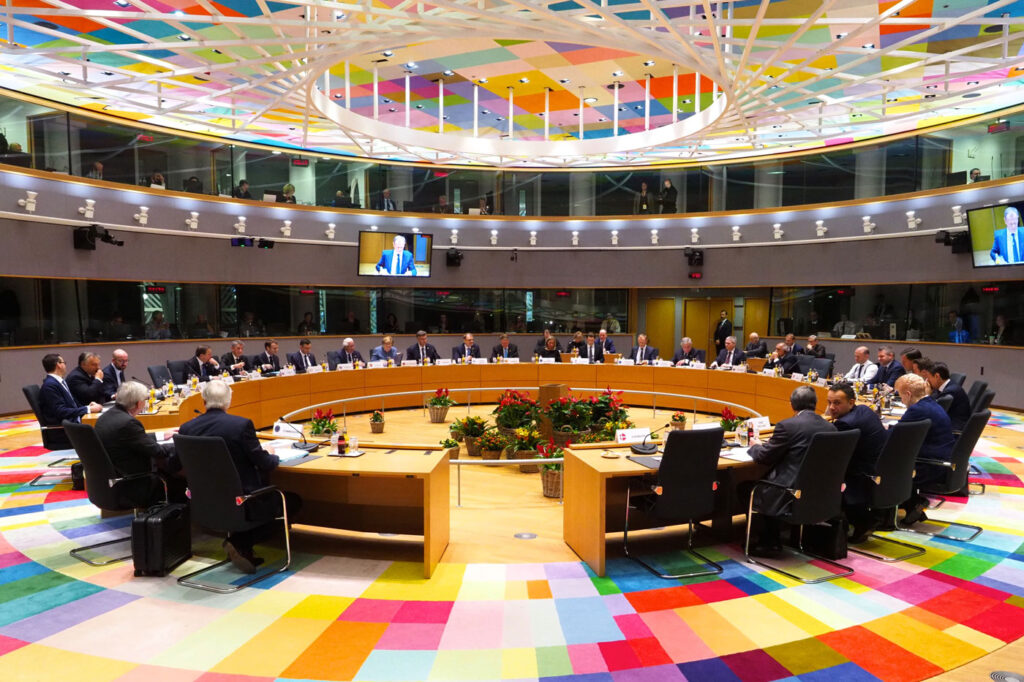
As the EU ramps up economic pressure, the Kremlin scrambles to downplay sanctions by pushing claims of immunity and resilience. But behind the bravado, top Russian officials are quietly conceding the growing toll on the country’s economy, according to the think tank Institute for the Study of War (ISW).
ISW reported on 18 July that Russian officials are continuing to falsely claim that the European Union’s newest sanctions have no significant impact on the Russian economy. Kremlin Spokesperson Dmitry Peskov alleged for no reason that the EU’s sanctions are illegal, and insisted Russia had already adapted to life under restrictive measures. He stated that the Kremlin would analyze the effects of the latest sanctions package and minimize their impact. Peskov also stated that the sanctions ostensibly ultimately harm those who imposed them.
Russian Security Council Deputy Chairperson Dmitry Medvedev responded to the EU’s newest package by asserting that Russia’s stance remains unchanged and that the country’s economy will endure. He went further, threatening to increase strikes on Kyiv and other Ukrainian cities — which has already been happening for years. Medvedev declared that Russia must learn to “hate” the EU and what he described as its “Russophobia” as much as its ancestors did.
Kirill Dmitriev, CEO of the Russian Direct Investment Fund (RDIF) and Putin’s Special Representative for Investment and Economic Cooperation with Foreign Countries, echoed similar showy defiance. He claimed that the sanctions hurt Europe more than Russia by closing Russian markets to European businesses and disrupting the continent’s energy supply. Meanwhile, Head of the Russian State Duma Committee on Financial Markets Anatoly Aksakov dismissed the new financial sanctions as insignificant, calling them “just a fluctuation in the air,” since Russian banks were already operating under EU restrictions.
Despite these bold public statements, ISW highlighted that some senior Russian officials are now quietly admitting that sanctions are taking a toll on the economy. The Moscow Times reported on 17 July that Russian Energy Minister Sergei Tsivilev recently told the Russian Federation Council that Western sanctions are making it difficult for Russian oil companies to obtain parts needed to repair refineries.
Russian Central Bank Chairperson Elvira Nabiullina openly stated on 19 June that Russia has “exhausted many of its free resources” since the start of the full-scale invasion and must now search for a new growth model. Minister of Economic Development Maxim Reshetnikov also acknowledged during SPIEF that the Russian economy stands “on the brink of recession.”
ISW underscored that sanctions evasion through the People’s Republic of China and other third-party networks is now a key pillar of Moscow’s strategy. The Kremlin has built a network of actors designed to bypass Western restrictions, and has started reconfiguring its economic policies and business models to survive sanctions in the long run. However, ISW wrote, hinting on Washington’s hesitation to adopt news sanctions against Russia:
“The EU’s newest sanctions are a positive step, but wider Western compliance and enforcement are necessary to inflict maximum economic pressure on Russia.“
The EU’s 18th sanctions package, approved on 18 July by the European Council, sharply undercuts Russian oil revenues. It slashes the oil price cap to $47.60 per barrel, bans Nord Stream pipeline transactions, and blacklists 105 more shadow fleet tankers—bringing the total to 444. It also targets entities tied to Rosneft and ends Czechia’s exemption for Russian oil.
Refined products from Russian crude are banned unless processed in select Western countries. Though the Kremlin budgeted for losses, these sanctions are expected to cut far deeper—threatening the third of federal revenue tied to oil.
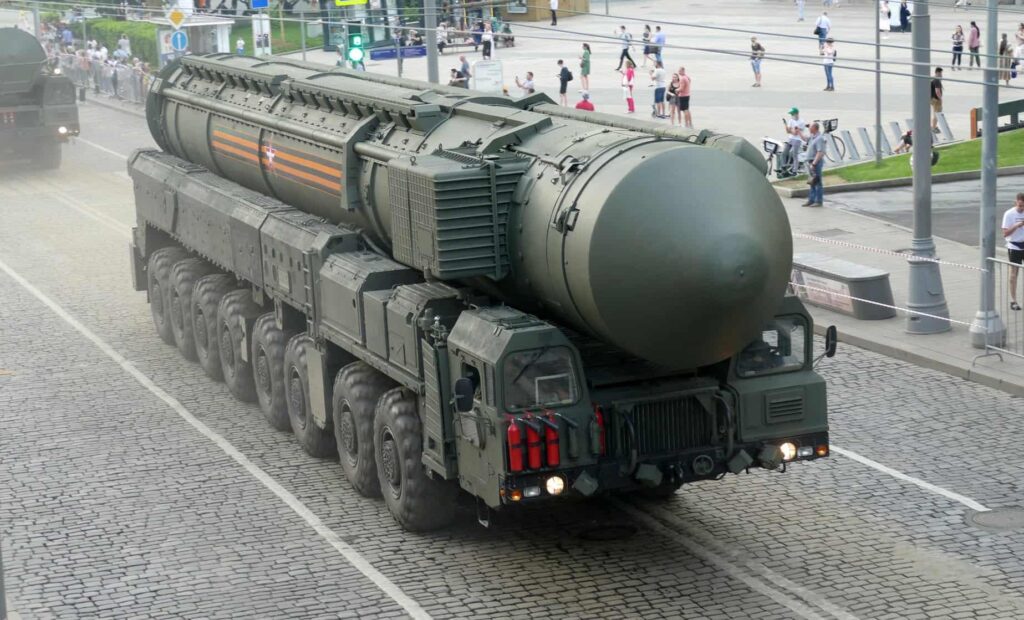
Moscow’s recycled lies and nuclear bluster aim to fracture NATO and halt US aid for Ukraine, the Institute for the Study of War (ISW) reported on 16 July. The Kremlin is reviving old narratives, including nuclear threats and faux diplomacy, in a coordinated information campaign targeting the United States’ renewed commitment to Ukraine and NATO.
ISW says that the Kremlin is “recycling several longstanding informational narratives, including nuclear threats, in a renewed effort to break the United States away from Ukraine and the NATO alliance.”
On 16 July, Kremlin Spokesperson Dmitry Peskov stated that all provisions of Russia’s nuclear doctrine remain active. He emphasized that nuclear powers must not “incite” non-nuclear states and warned that nuclear countries must “answer” for such incitement.
Russia had updated its nuclear doctrine in fall 2024, introducing a clause suggesting that aggression by a non-nuclear country backed by a nuclear power may be treated as a joint attack on Russia.
Responding to a question about Trump’s push for increased NATO military aid to Ukraine, Peskov claimed that “Europeans maintain a rabid militaristic attitude towards Moscow.“
Russian Foreign Minister Sergei Lavrov echoed this approach, stating on 15 July that Moscow’s illegal invasion of Ukraine aims to eliminate “the threats that NATO has created” on Russia’s borders.
ISW highlights that these narratives have remained constant throughout the war and are being revived to undermine unity between the United States and Europe.
Amid the Western calls to force Moscow into meaningful negotiations to end the war, Peskov urged the international community to pressure Ukraine—not Russia, the aggressor country—into bilateral negotiations. ISW assesses this move as an effort to “falsely portray Russia as willing to negotiate while undermining Ukraine’s credibility.”
ISW notes that Russia is using the same “rhetorical line” that it has used throughout the war “to deter Western support for Ukraine, but has shifted its objective from preventing new support for Ukraine to reversing recent support” and to break the US from its NATO allies.
“The Kremlin is prioritizing informational campaigns aimed at undermining NATO unity and stoking discontent between the United States and its European allies in order to degrade Ukraine’s defense capabilities and achieve its longstanding war aims that amount to Ukraine’s capitulation,” ISW wrote.

© Mohd Rasfan/Agence France-Presse — Getty Images
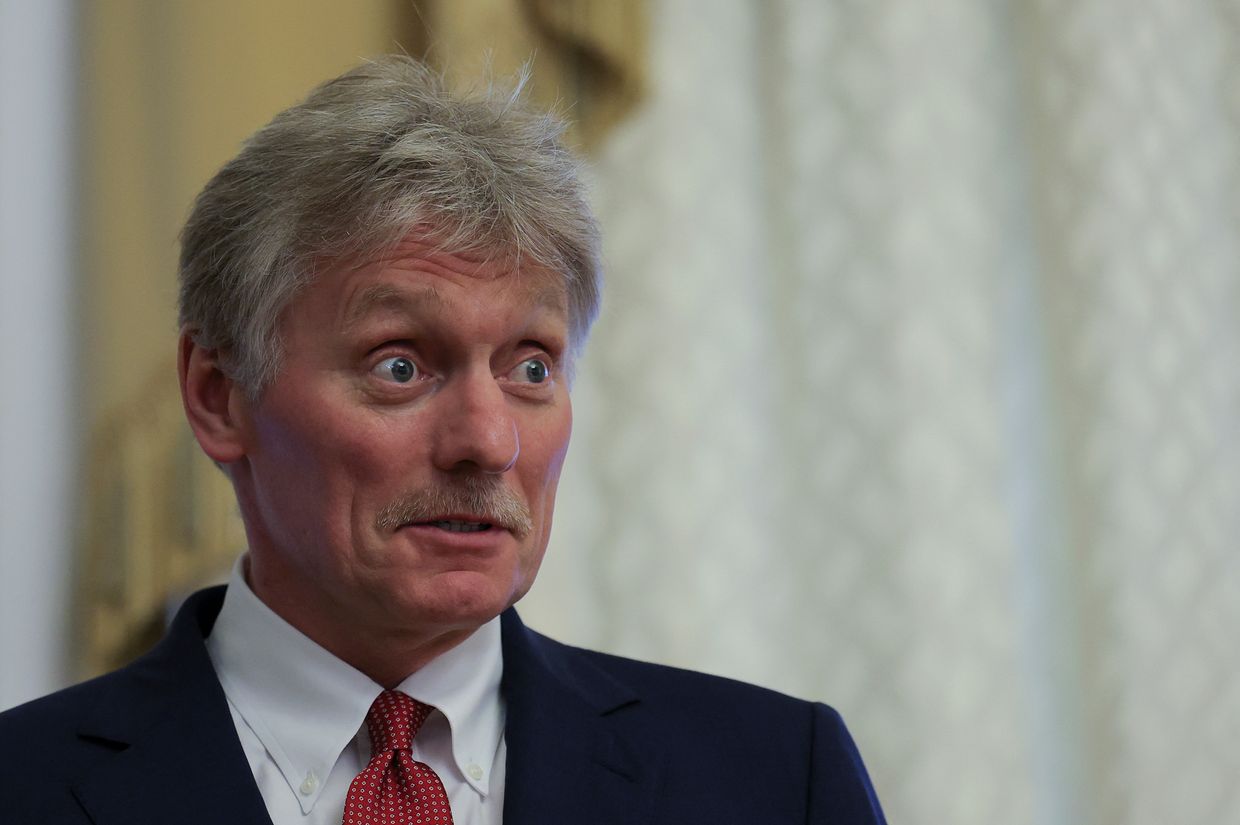
The United States' reported decision to suspend some arms deliveries to Ukraine could help bring Russia's war in Ukraine to an end, the Kremlin said on July 2, according to Russian state-controlled media.
"The fewer weapons that are supplied to Ukraine, the closer the end of the... (Russia-Ukraine war)," Kremlin spokesperson Dmitry Peskov told reporters.
Peskov's comments came after Politico reported that the U.S. Defense Department has paused shipments of key air defense and precision munitions to Ukraine over concerns about declining U.S. stockpiles.
Among the withheld items are Patriot air defense missiles, precision artillery rounds, Hellfire missiles, and other munitions used by Ukraine's F-16 fighter jets.
Ukraine's Foreign Ministry summoned U.S. Charge d'Affaires John Ginkel on July 2 to voice concern over the reported pause in weapons shipments.
Deputy Foreign Minister Mariana Betsa warned during the meeting that "any delay or hesitation in supporting Ukraine's defense capabilities will only encourage Russia to continue war and terror, rather than pursue peace."
According to Politico, Pentagon policy chief Elbridge Colby ordered the halt in June following a review of U.S. ammunition levels. The White House confirmed the decision, saying it was part of a broader reassessment of American military aid to foreign partners.
 The Kyiv IndependentDominic Culverwell
The Kyiv IndependentDominic Culverwell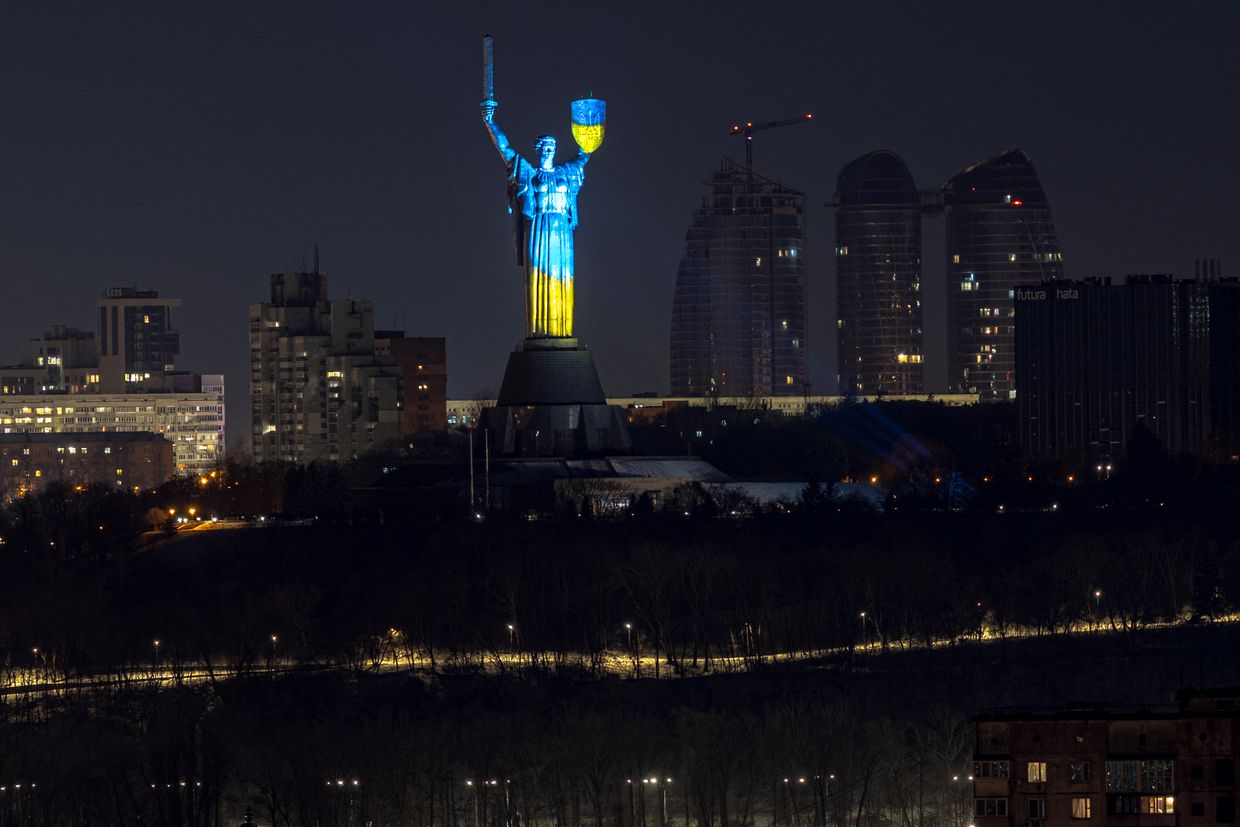
"(The decision) was made to put America's interests first following a DOD review of our nation's military support and assistance to other countries across the globe," White House Deputy Press Secretary Anna Kelly said in a statement.
The move comes as Ukraine faces intensifying Russian attacks. In June, Russia launched a record 5,337 Shahed-type attack drones at Ukrainian targets, the highest monthly total since the start of the full-scale invasion in February 2022.
The U.S. has not approved any new military aid packages after U.S. President Donald Trump took office in January. Defense Secretary Pete Hegseth has also signaled that future U.S. defense budgets will reduce the scale of assistance to Ukraine.
At a NATO summit in The Hague in late June, Trump said Washington was considering whether it could help provide more Patriot missiles to Kyiv but emphasized that U.S. and Israeli needs take precedence.
"They are very hard to get. We need them too," Trump said after meeting with President Volodymyr Zelensky.
The Kremlin has long argued that Western arms shipments to Ukraine only prolong the conflict and raise the risk of escalation, while continuing to attack Ukrainian cities and advance on the battlefield.
 The Kyiv IndependentYuliia Taradiuk
The Kyiv IndependentYuliia Taradiuk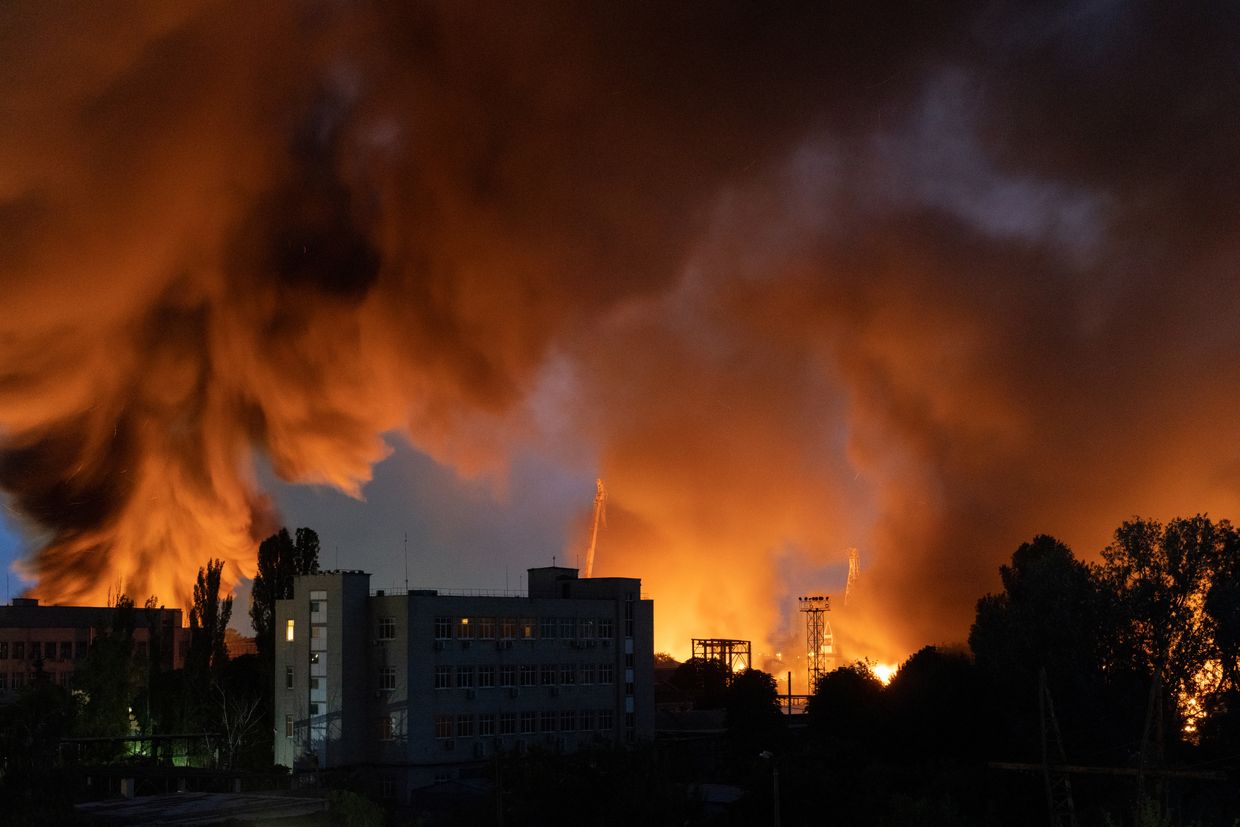
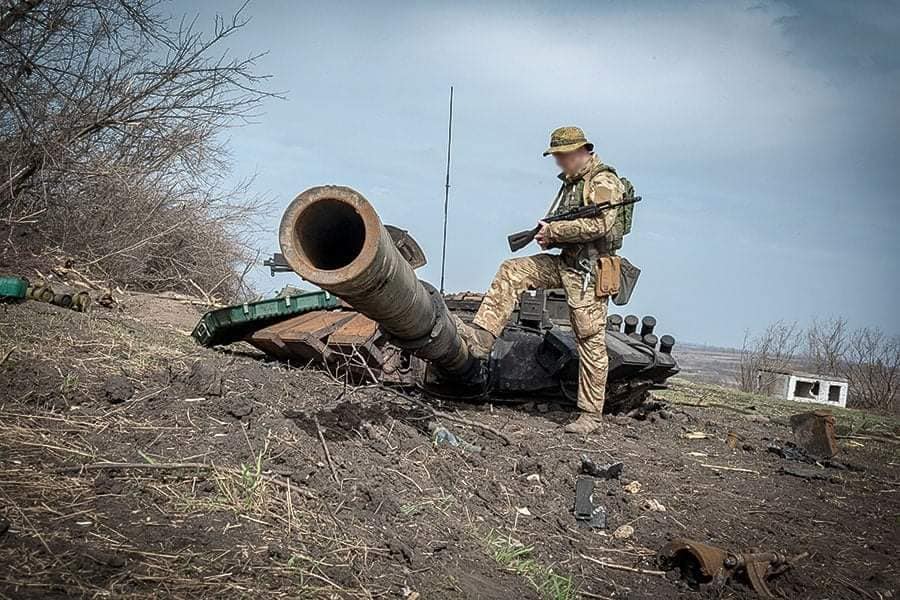
Russia shows no signs of stopping in Ukraine. A recent report by the Institute for the Study of War (ISW) draws attention to alarming statements made by high-ranking Russian officials on 30 June.
On 30 June, Russian President Vladimir Putin held a videoconference meeting focused on the “development” of the occupied regions of Ukraine and integration them into Russia. In the days prior to this event, he expressed readiness for a new round of peace talks. Ukrainian President Volodymyr Zelenskyy says Putin is currently trying to deceive US President Donald Trump by pretending to show a willingness for peace to avoid new sanctions.
In particular, during a meeting on the socio-economic development of temporarily occupied territories, Russian President Vladimir Putin frequently used imperial terms such as “Donbas” and “Novorossiya” instead of the legally defined names of Ukrainian regions — Donetsk, Luhansk, Zaporizhzhia, and Kherson oblasts.
Equally telling were the statements of his press secretary Dmitry Peskov, who responded to comments by Odesa Mayor Hennadiy Trukhanov that “Odesa is not a Russian city” by referring to the “inseparable historical unity” of the city with Russia.
The idol, the butcher: Expanding gap in attitudes toward Stalin reflects Ukraine and Russia’s diverging identities
Meanwhile, Putin’s aide Vladimir Medinsky once again repeated the Kremlin myth that “Ukrainians and Russians are one people.”
“Putin’s, Peskov’s, and Medinsky’s June 30 statements are only the latest statements from high-ranking Kremlin officials indicating the extent of Russia’s territorial ambitions,” notes the ISW.
Analysts add that the Russian leadership systematically denies Ukraine’s right to independent statehood, culture, language, and identity. The Kremlin openly demonstrates its intent to destroy the Ukrainian nation as a distinct subject of international law.
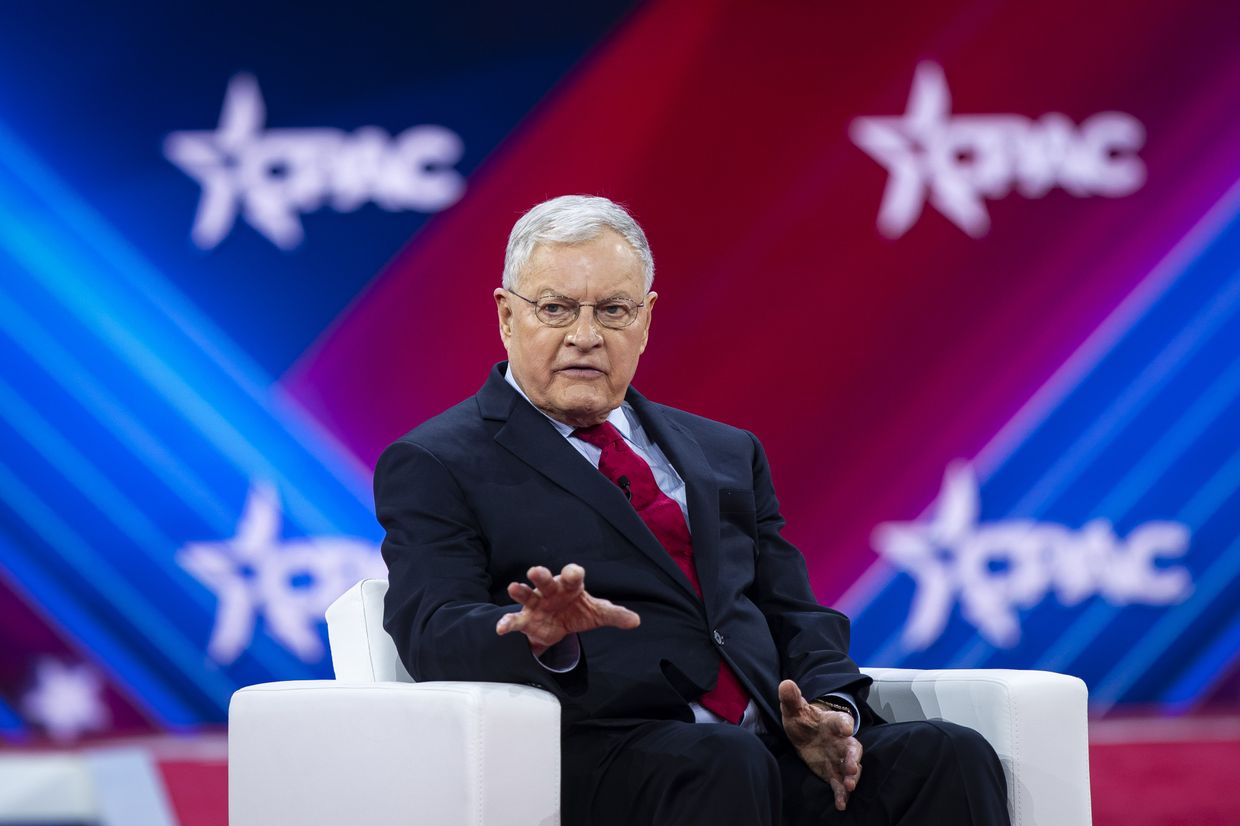
U.S. Special Representative Keith Kellogg has pushed back against Russian claims that Ukraine and the United States are responsible for delaying peace negotiations, arguing that it is Moscow that continues to obstruct efforts to end the war it initiated.
"Peskov’s recent comments on the state of negotiations are Orwellian. Russian claims that it is the U.S. and Ukraine stalling peace talks are unfounded," Kellogg said on X, citing reporting by the Kyiv Independent."
"President Trump has been consistent and adamant about making progress to end the war. We urge an immediate ceasefire and a move to trilateral talks to end the war. Russia cannot continue to stall for time while it bombs civilian targets in Ukraine.
Kremlin spokesperson Dmitry Peskov on June 29 accused Washington and Kyiv of holding up progress, stating that future developments in peace talks depend on Ukraine’s stance, the effectiveness of U.S. mediation, and the situation on the battlefield.
“A lot depends, naturally, on the position of the Kyiv regime,” Peskov said in a televised interview with Belarus 1 TV, according to Reuters. “It depends on how effectively Washington's mediating efforts continue,” he added.
Peskov’s recent comments on the state of negotiations are Orwellian. Russian claims that it is the US and Ukraine stalling peace talks are unfounded. President Trump has been consistent and adamant about making progress to end the war. We urge an immediate ceasefire and a move to… pic.twitter.com/vCQoF1XEtd
— Keith Kellogg (@generalkellogg) June 30, 2025
Despite those remarks, Russia has rejected a U.S.-backed ceasefire proposal and continued its attacks on Ukrainian cities launching record numbers of drones against Ukrainian cities. Earlier this month, Russian President Vladimir Putin openly stated that “all of Ukraine is ours,” raising further doubts about the Kremlin’s willingness to engage in meaningful negotiations.
Peskov’s interview aired as the war moves into its fourth summer with no comprehensive ceasefire in place. Although two rounds of peace talks between Russia and Ukraine took place in Istanbul this year—on May 16 and June 2—the discussions have not led to any breakthrough on ending hostilities.
While the Istanbul meetings led to notable prisoner exchanges, they produced no tangible progress toward peace.
 The Kyiv IndependentYuliia Taradiuk
The Kyiv IndependentYuliia Taradiuk
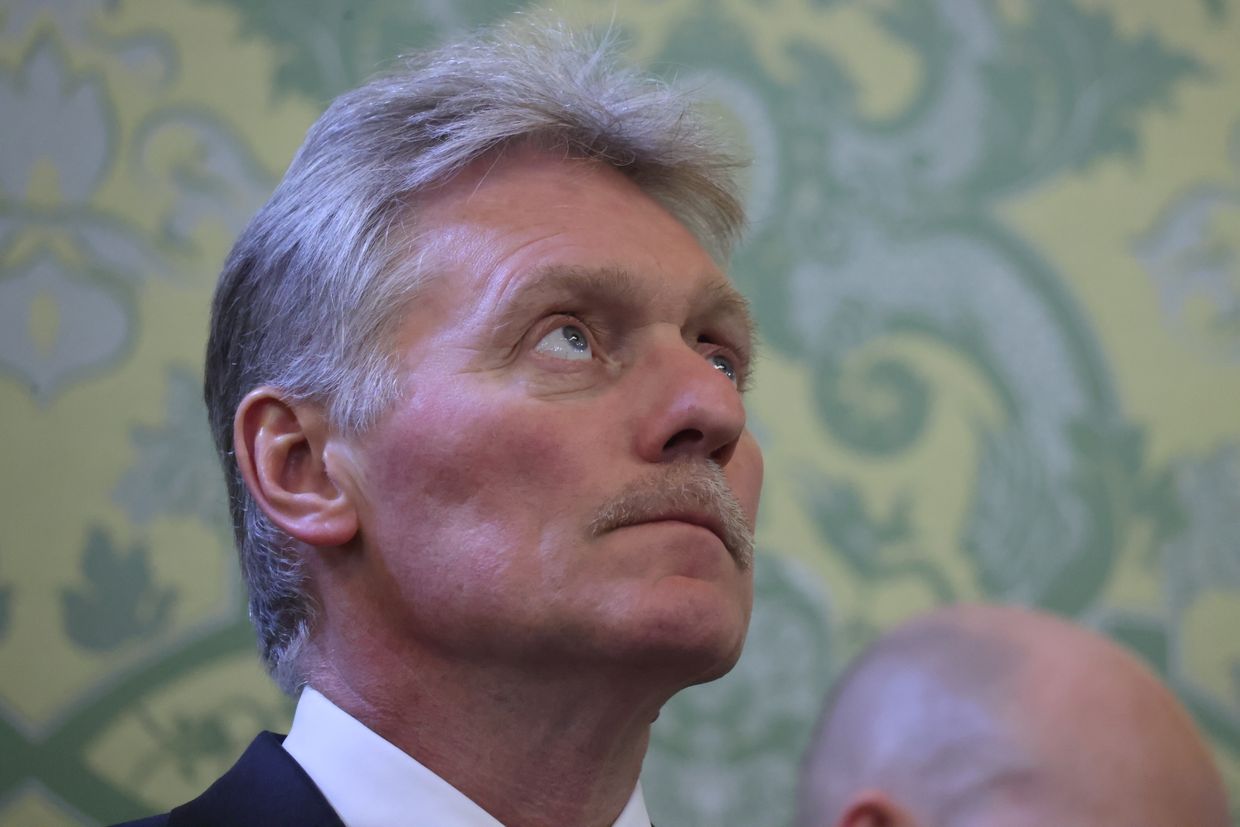
After months of diplomatic stalling, the Kremlin on June 29 blamed Kyiv and Washington for the lack of progress in peace talks, with Kremlin spokesman Dmitry Peskov saying the pace of negotiations hinges on Ukraine's position, the effectiveness of U.S. mediation, and battlefield developments.
"A lot depends, naturally, on the position of the Kyiv regime," Peskov told Belarus 1 TV, in comments reported by Reuters, adding: "It depends on how effectively Washington's mediating efforts continue."
Russia has repeatedly refused to a U.S.-proposed ceasefire agreement, has escalated attacks on Ukrainian civilians, and Russian President Vladimir Putin declared earlier this month that "all of Ukraine is ours."
Peskov made the remarks in a televised interview, as the full-scale war enters its fourth summer with no comprehensive ceasefire in sight, and two mostly inconclusive rounds of peace talks.
Russia and Ukraine have held two rounds of face-to-face talks in Istanbul this year, first on May 16 and again on June 2, following more than three years without direct negotiations. The meetings resulted in significant prisoner exchanges, but no significant steps toward a ceasefire.
During the June 2 meeting, both sides presented proposals for ending the war, but Putin later described them as "absolutely opposite" memorandums.
Ukraine's delegation, led by Defense Minister Rustem Umerov, demanded an unconditional 30-day ceasefire, a position supported by Western partners, while Russia insisted on a 2–3-day limited truce to recover the bodies of fallen soldiers.
"Russia rejects even the very idea of stopping the killings," Umerov said after the talks. "That's why we appeal to the world: pressure is needed for real peace, not for an imitation of negotiations."
Despite the deadlock, Russia said it is open to a third round of negotiations. "In general, we are ready for this," Putin told reporters on June 27, suggesting Istanbul could again serve as the venue.
Turkish President Recep Tayyip Erdogan confirmed Ankara's willingness to host, and said efforts are underway to arrange a direct meeting between Putin and President Volodymyr Zelensky — possibly with U.S. President Donald Trump joining the talks.
Zelensky has expressed support for a trilateral format and discussed the idea during the recent NATO summit in Brussels, where he and Trump also spoke about enhanced U.S. military assistance and co-production of air defense systems and drones.
So far, Trump has not imposed the additional sanctions on Russia he promised if peace efforts failed. "If the Istanbul meeting brings nothing, that clearly means strong new sanctions are urgently needed," Zelensky said on June 2.
While the Kremlin continues to reject a broad ceasefire, its forces are advancing in Ukraine's southeast, gaining territory in Donetsk and Dnipropetrovsk oblasts, and intensifying missile and drone strikes on civilians.
No date has been set for the next round of talks.
 The Kyiv IndependentAnna Fratsyvir
The Kyiv IndependentAnna Fratsyvir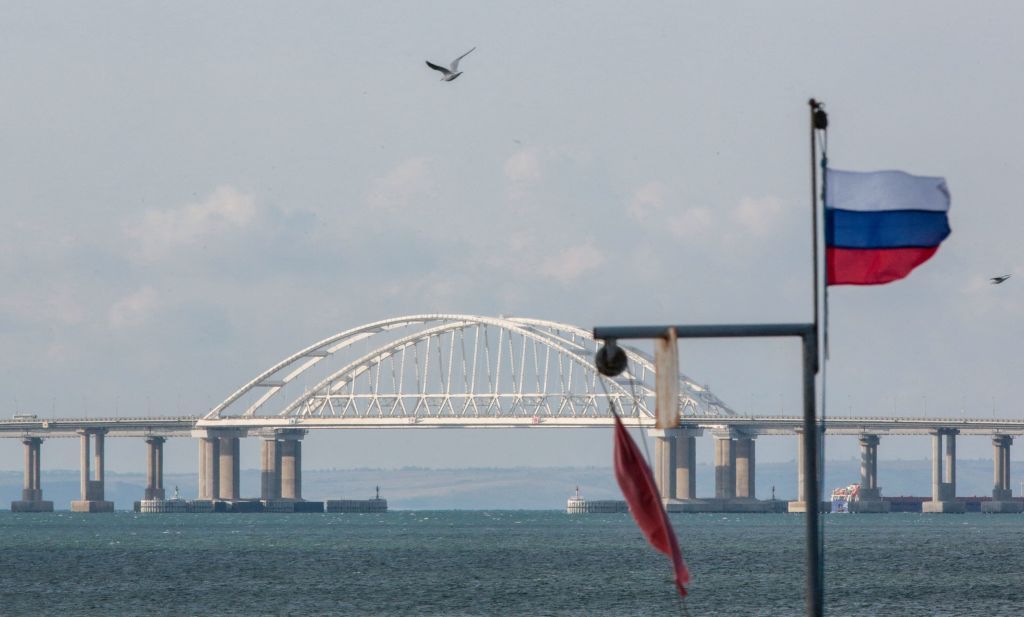
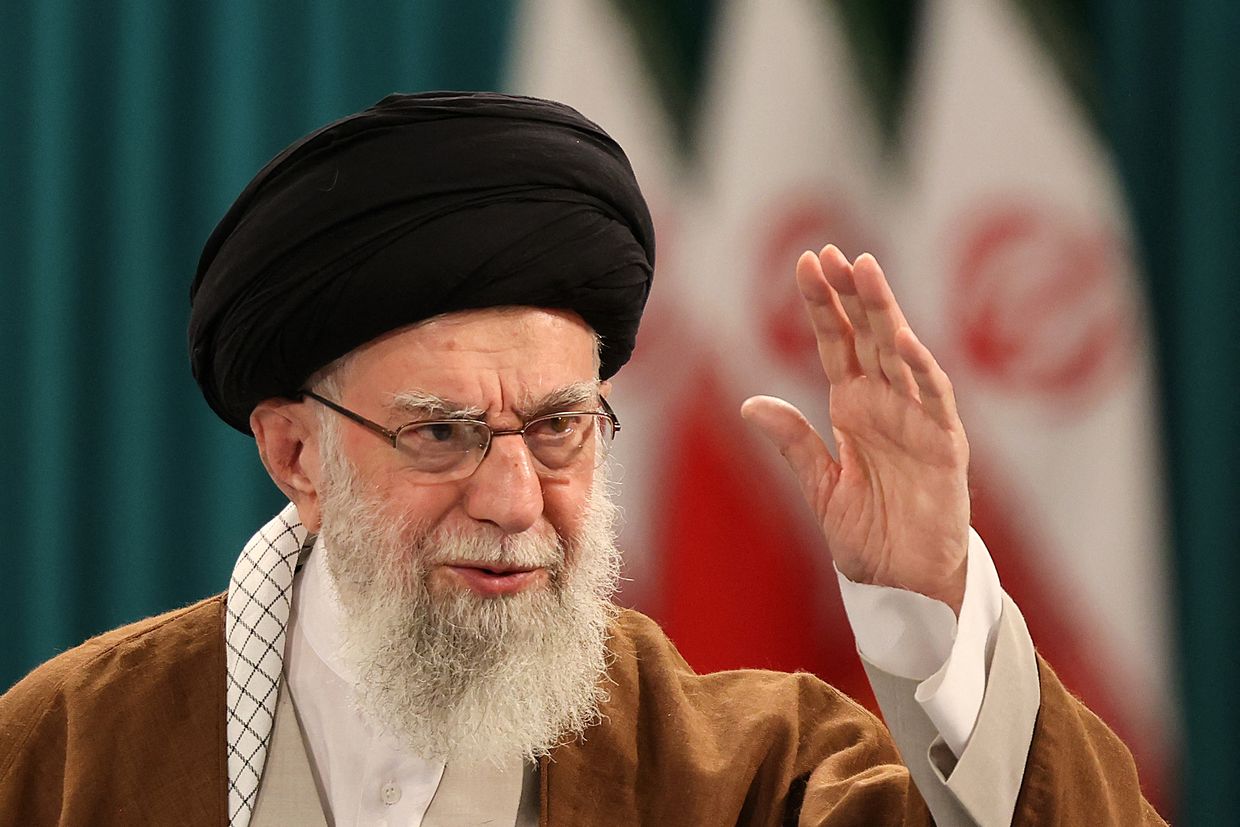
Regime change in Iran is "unacceptable" and the assassination of Supreme Leader Ayatollah Ali Khamenei would "open Pandora's box," Kremlin spokesperson Dmitry Peskov told Sky News in an interview published June 20.
Russia, which signed a strategic partnership with Iran in January, has reportedly grown increasingly alarmed as the United States weighs deeper involvement in Israel's military campaign against Tehran.
Earlier, U.S. President Donald Trump suggested the option of assassinating Iran's Supreme Leader Khamenei remains on the table, though he said the U.S. does not plan to act on it "for now."
The comment followed reporting that Israel had earlier proposed a plan to kill Khamenei — a proposal Trump initially rejected, according to a U.S. official cited by AP.
Peskov warned that any attempt at regime change in Tehran or threats to its leadership would "open Pandora's box," deepening instability across the Middle East and beyond.
"(Regime change in Iran) is unimaginable," Peskov said. "It should be unacceptable, even talking about that should be unacceptable for everyone." He added that the killing of Khamenei would promote extremist sentiment inside Iran and provoke unpredictable consequences.
"The situation is extremely tense and is dangerous not only for the region but globally," Peskov said. "An enlargement of the composition of the participants of the conflict is potentially even more dangerous. It will lead only to another circle of confrontation and escalation of tension in the region."
Russia has been a close regional ally of Iran, while Tehran supplied drones and ballistic missiles for Moscow's war against Ukraine. Meanwhile, Israel has maintained a delicate balance, refraining from joining Western sanctions against Moscow while condemning Iran's role in supporting Russia's war effort.
Asked on whether Moscow would respond to a possible strike against Khamenei, Peskov declined to specify, saying any reaction would come from "inside Iran."
Peskov also commented on Trump's dismissive response to Russian President Vladimir Putin's offer to mediate between Israel and Iran. The U.S. president reportedly told Putin to "mediate your own conflict" in reference to the Russia-Ukraine war. Peskov shrugged off the remark, calling Trump's language "unique" and urging mutual tolerance.
Tensions have risen between the U.S. and Iran following a wave of Israeli air strikes on Iranian territory, beginning June 13. The attacks targeted nuclear infrastructure and senior Iranian commanders, prompting Iranian missile strikes on Tel Aviv and other Israeli cities.
Tehran claimed that at least 224 Iranian civilians were killed on June 16, though the figures remain unverified.
Russia has offered to mediate the crisis, with Putin reportedly reaching out to both Iranian President Masoud Pezeshkian and Israeli Prime Minister Benjamin Netanyahu. Tel Aviv, according to the Kremlin, is reluctant to accept the proposal, while the EU leaders rejected it, citing Russia's aggression in Ukraine and its close military ties to Iran.
 The Kyiv IndependentYuliia Taradiuk
The Kyiv IndependentYuliia Taradiuk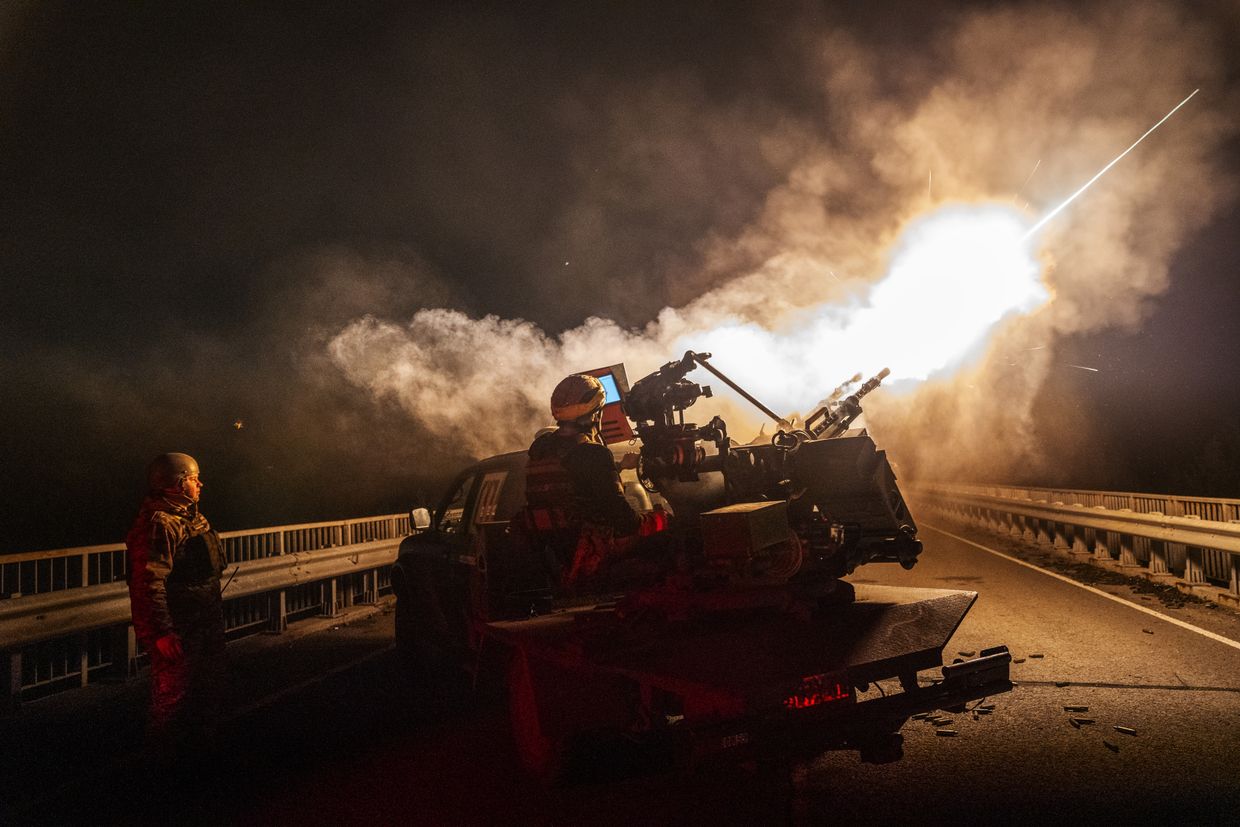
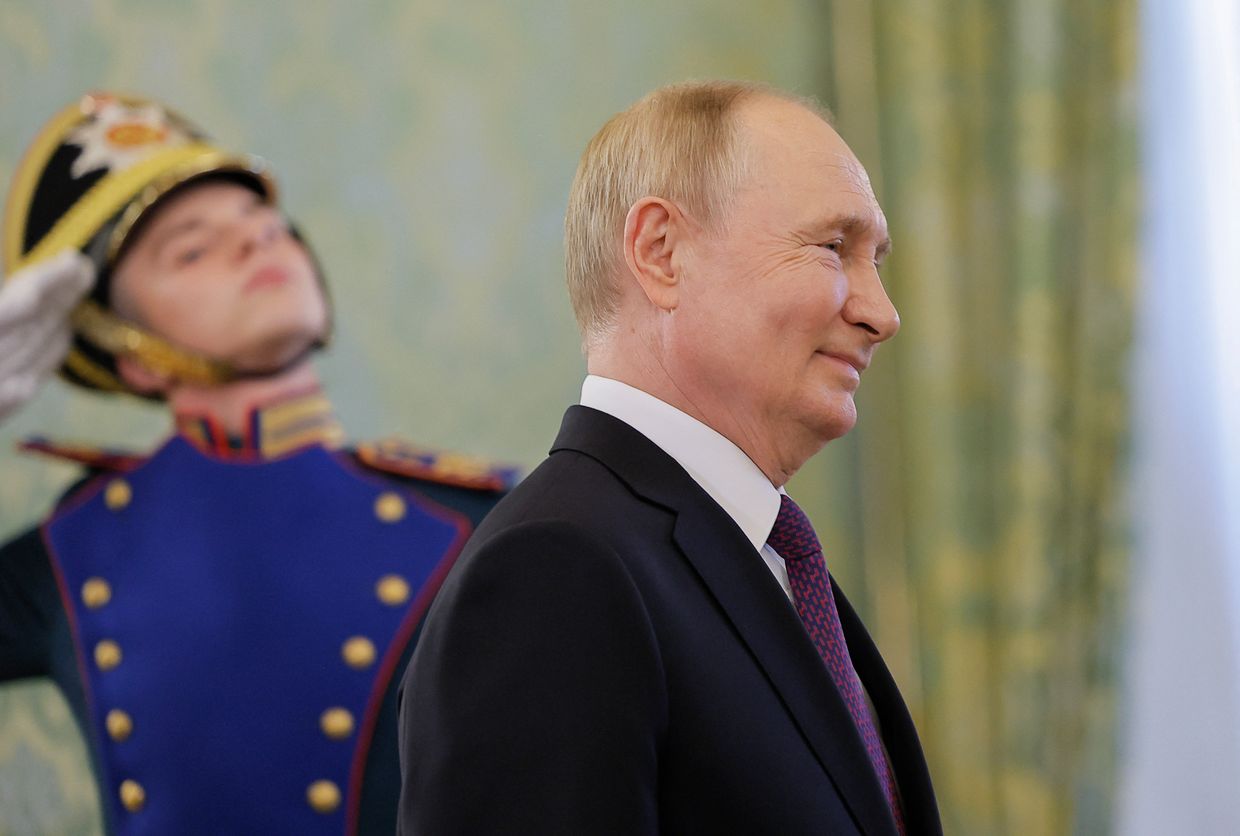
A meeting between Russian President Vladimir Putin and U.S. President Donald Trump is not currently on the table due to unresolved tensions in bilateral relations, Kremlin spokesperson Dmitry Peskov said in an interview with Russian state-controlled newspaper Izvestia on June 19.
The U.S. president has repeatedly floated the idea of meeting Putin, saying the Russia-Ukraine war cannot be resolved without them talking face-to-face. Nevertheless, the two have not met since Trump returned to the White House this January.
While Trump has adopted a more amicable policy toward Russia than his predecessor, U.S. ex-President Joe Biden, he has taken a more critical tone toward Moscow recently as Putin continues to reject a truce in Ukraine.
"Until the necessary 'homework' is done to remove the irritants in our relations with the United States, it makes no sense to organize a meeting," Peskov said. He added that while talks aimed at resolving these issues had begun, progress remained minimal and the key obstacles were still in place.
His remarks come just days after the Russian Foreign Ministry claimed that Washington had canceled the next round of talks to restore diplomatic relations between the two countries.
The meetings, which were expected to take place in Moscow, were part of a broader dialogue to address ongoing disputes, including Russia's war against Ukraine, and improve the functioning of each side's diplomatic missions.
Russian Foreign Ministry spokesperson Maria Zakharova said the planned round was intended to "eliminate irritants," such as staffing restrictions and banking issues for embassies. She expressed hope that the U.S. pause in talks "will not become too long."
The last two rounds of discussions, in Riyadh in February and Istanbul in April, marked the first formal diplomatic contact between the U.S. and Russia since Moscow began its full-scale invasion of Ukraine in 2022. Both sides described the Istanbul round as "constructive," though it focused largely on technical matters.
The Trump administration has so far refrained from introducing new sanctions against Russia, despite pressure from Kyiv and growing alarm in Europe over Moscow's continued refusal to agree to a ceasefire.
President Volodymyr Zelensky has repeatedly urged Washington to take a firmer stance, warning that "America's silence... only encourages Putin."
After a deadly Russian attack on Kyiv that killed 28 and injured over 130 people, Trump remained silent, with the U.S. Embassy only issuing a late statement denouncing the attack.
 The Kyiv IndependentMartin Fornusek
The Kyiv IndependentMartin Fornusek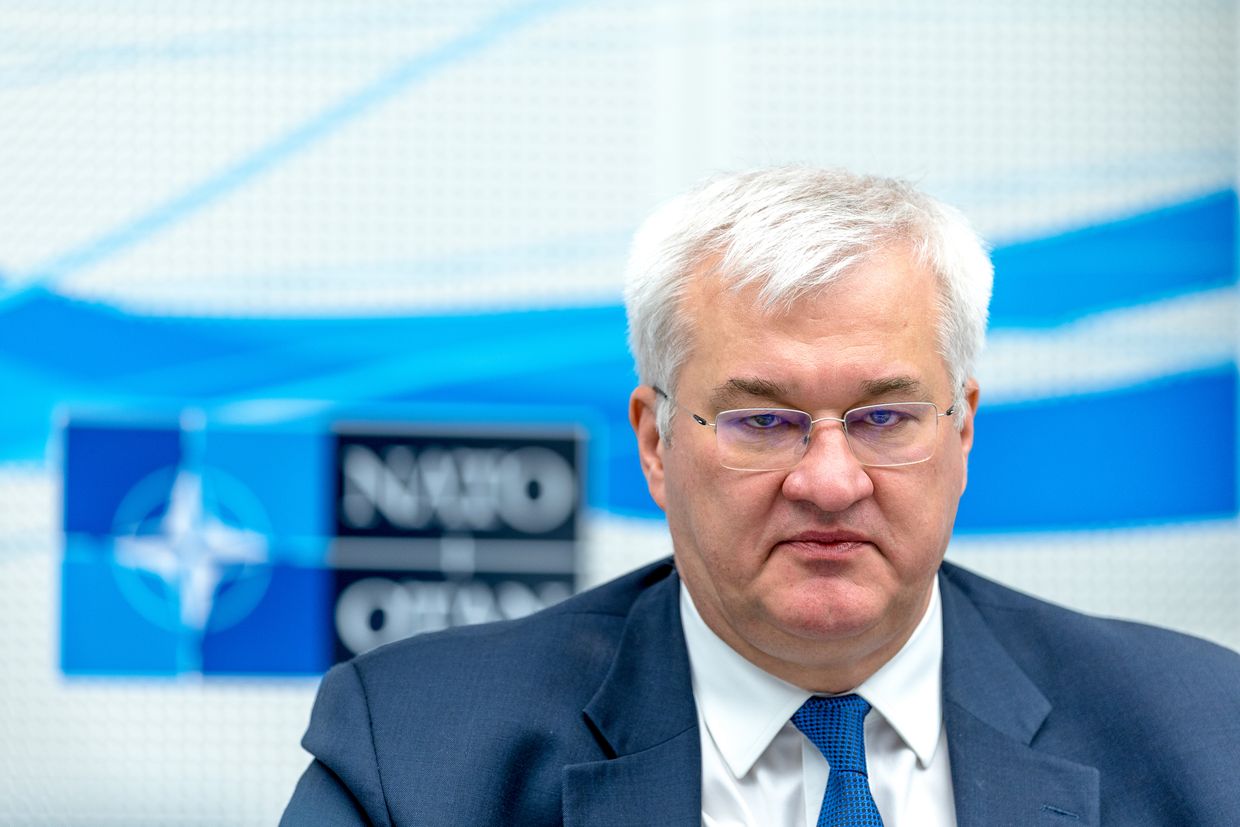
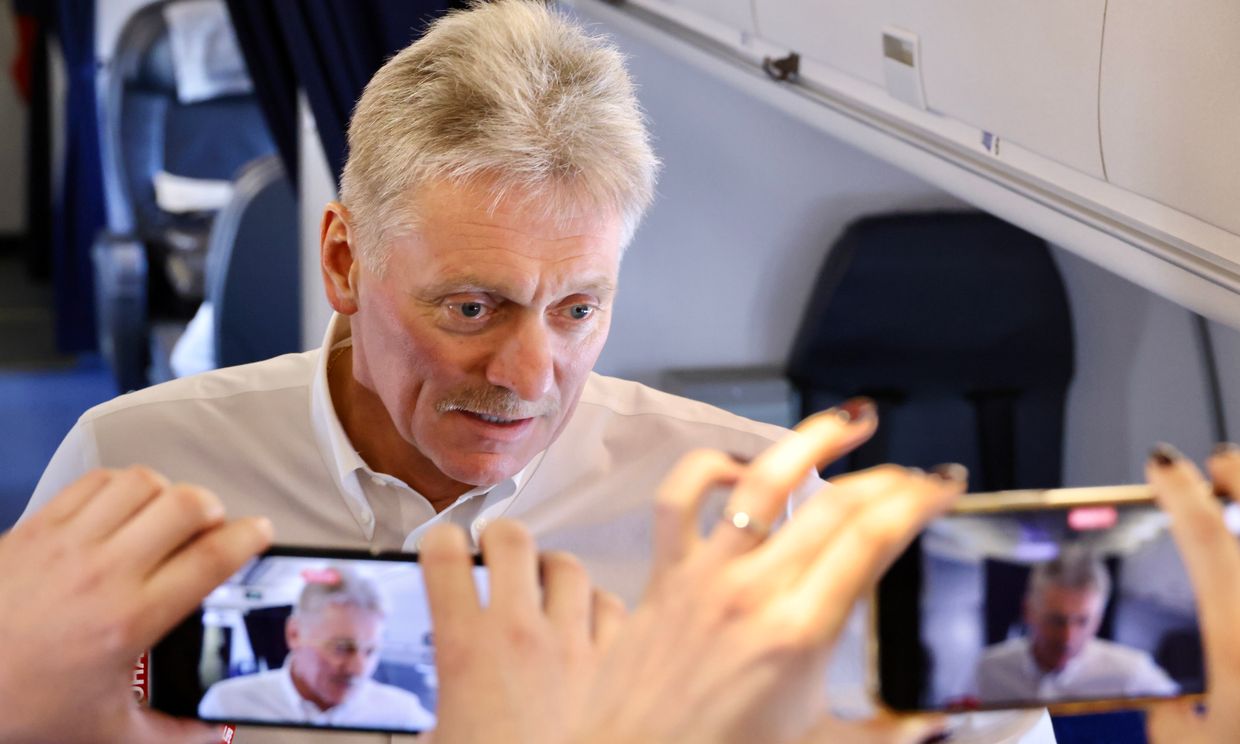
Israel is reluctant to accept Russia's mediation in its war with Iran, Kremlin spokesperson Dmitry Peskov said on June 17, according to the Russian state news agency TASS.
"At the moment, we see reluctance — at least on Israel’s part — to resort to mediation or pursue a peaceful resolution," Peskov claimed.
Since June 13, Israel has repeatedly carried out massive air strikes against Iran, particularly the country's military leadership and nuclear facilities. The Israeli government justified the attacks by saying that Tehran was on the verge of creating a nuclear bomb.
Iran responded by attacking Israeli cities, including Tel Aviv, which resulted in civilian casualties, including five Ukrainian citizens on June 14.
U.S. President Donald Trump on June 15 said he was open to the idea of Russian President Vladimir Putin mediating between Iran and Israel.
"He is ready. He called me about it. We had a long talk about it. We talked about this more than his situation (war against Ukraine)," Trump said, according to ABC reporter Rachel Scott.
The Russian president held separate calls with Iranian President Masoud Pezeshkian and Israeli Prime Minister Benjamin Netanyahu on June 13.
During the call with Iran, Putin offered condolences for what the Kremlin labeled "numerous civilian casualties" and condemned Israel's actions as violations of the UN Charter. He later proposed that Russia could serve as a neutral mediator.
Israel has not commented publicly on the Kremlin's offer, but Peskov's statement implies Tel Aviv's rejection. France has also dismissed the idea, with President Emmanuel Macron saying on June 15 that Moscow "cannot be a mediator."
Russia's ties with Iran have deepened since the start of its full-scale invasion of Ukraine in 2022. Tehran has supplied Moscow with thousands of Shahed attack drones and ballistic missiles used in daily strikes against Ukrainian cities and infrastructure.
Israel, which has historically maintained cautious relations with Russia and is home to a significant Russian-speaking population, has not joined Western sanctions against Moscow.
As of June 16, Iran's Health Ministry claimed 224 people had been killed by Israeli strikes, with Tehran alleging that 90% of the casualties are civilians.
The figures have not been independently verified. Israel has not confirmed casualty numbers but maintains that the strikes were aimed at preventing an existential threat.
On June 13, Kyiv expressed support for Israel, describing Iran as a "source of instability in the region and beyond," citing Tehran's extensive military cooperation with Russia.
 The Kyiv IndependentChris York
The Kyiv IndependentChris York